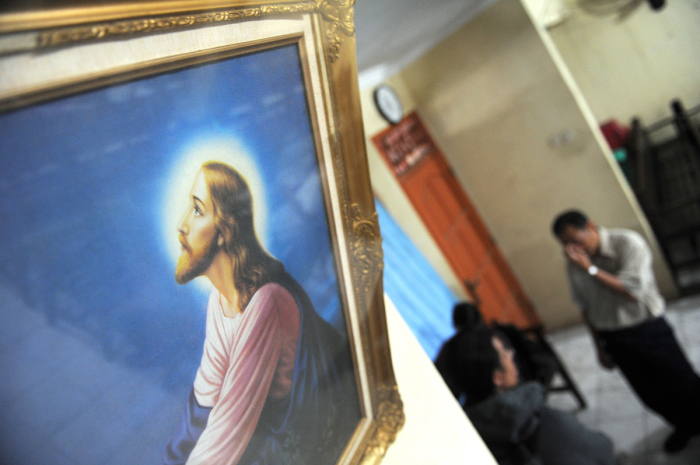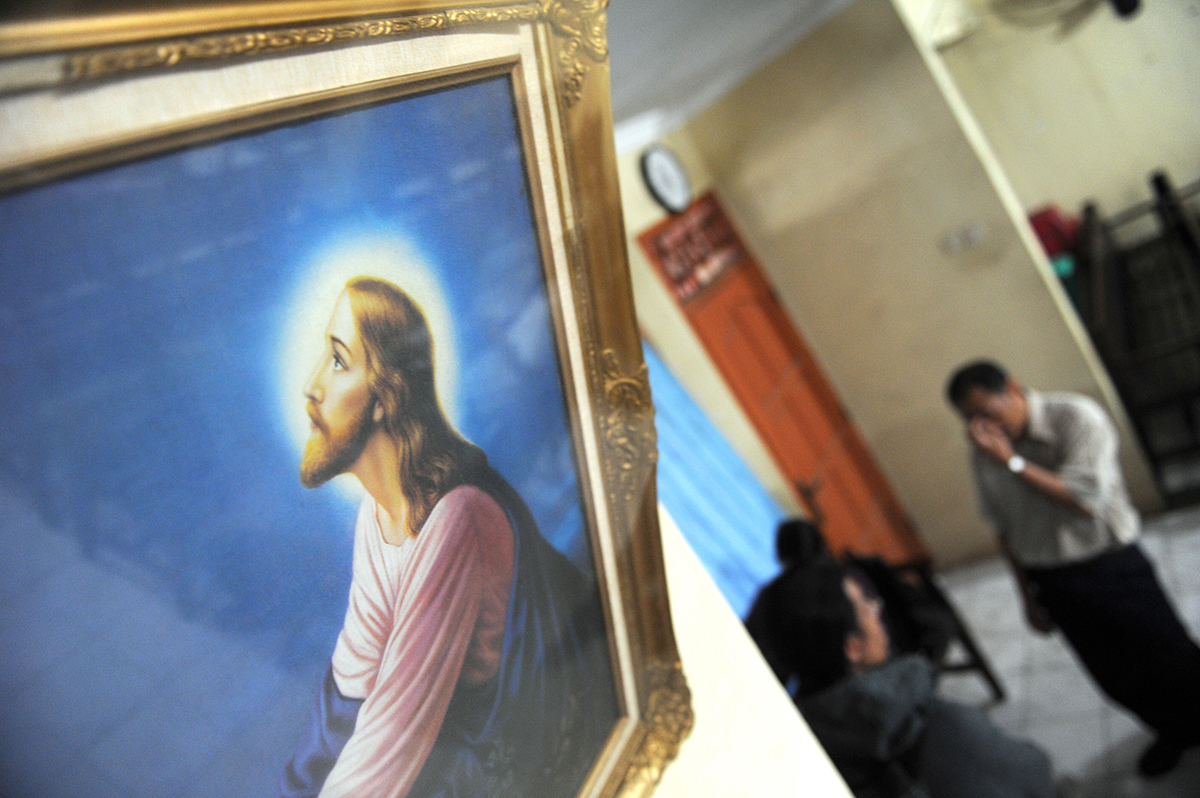
Indonesia’s revised criminal code will take effect in three months, expanding its blasphemy laws from one to six articles and introducing new clauses that critics say are vague and open to abuse. The changes will apply to both citizens and foreigners and are part of a penal overhaul enacted under the previous administration.
The expanded regulations, which come into force in January 2026, include a clause recognizing “any living law,” a term that lacks a clear definition, according to the U.S.-based persecution watchdog International Christian Concern.
This could allow local officials, especially in areas sympathetic to extremist ideology, to apply informal or traditional interpretations of blasphemy. In practice, enforcement of such laws already varies widely across the country’s 38 provinces.
Some provinces have become known for their aggressive posture toward religious minorities.
“There are several notorious provinces where church closings and attacks happen more frequently,” an Indonesian Christian was quoted as saying. He attributed much of the hostility to what he called “the fear of Christianity,” which he said grew rapidly in Indonesia during the second half of the 20th century.
The blasphemy law, first introduced in 1965, has survived repeated repeal attempts, including one by a former president. Though Indonesia’s constitution protects six officially recognized religions and promotes religious freedom, legal tools such as the blasphemy law have often been used to target religious minorities, particularly Christians, who make up roughly 11% of the population.
The revised law’s low profile among religious communities has surprised some observers.
Fr. Franz Magnis-Suseno, a Jesuit priest based in Jakarta, said he had forgotten about the revisions altogether and had never discussed them with fellow clergy. “Most Indonesian Christians only know about famous blasphemy cases,” Magnis-Suseno said, referring to the 2017 conviction of Jakarta’s then-governor, a Christian named Basuki Tjahaja Purnama, commonly known as Ahok, who received a two-year prison sentence under the original law. That case was widely seen as politically motivated.
In 2019, a Buddhist woman was sentenced to 18 months in prison for complaining about the volume of mosque loudspeakers. Her conviction was upheld by Indonesia’s Supreme Court.
Although religiously motivated attacks in Indonesia have declined in the past decade, the country has a history of deadly incidents.
During the early 2000s, a series of church bombings marked a period of acute tension. Then-president Joko Widodo, who led the country from 2014 to 2024, suppressed some extremist groups such as the Islamic Defenders Front, but the ideology persists, and blasphemy laws continue to give it legal expression.
Supporters of the amended law have argued that parts of the code are designed to address the changing digital landscape.
Magnis-Suseno said he does not expect the revised law to be wielded in the same way as in Pakistan, where accusations of blasphemy have frequently led to vigilante violence. “The situation [here] is very different,” he said, noting that people in Indonesia are generally more restrained. He added that Christians in Indonesia maintain “excellent relations” with major Muslim civil society groups, including Nahdlatul Ulama and Muhammadiyah, which he credited with helping to resolve conflicts peacefully.
The U.S. Commission on International Religious Freedom (USCIRF) has issued a more critical assessment.
In its 2025 annual report, the commission recommended Indonesia for placement on its Special Watch List, citing the state’s tolerance of severe violations of religious freedom, including enforcement of its blasphemy laws.
In July, a Christian youth retreat in West Java became the target of mob violence, Morning Star News reported. About 200 people gathered in Tangkil village, Cidahu District, after Friday mosque prayers and attacked a house being used for the Christian retreat. The group shouted slogans, damaged property, including toilets and a gazebo, and threw a motorbike into a nearby river.
Videos from the scene show a man removing a wooden cross from a wall and using it to break a window. Others are seen smashing chairs, damaging a car, and destroying parts of the house. One clip shows frightened children being rushed into cars as the mob yells at them to leave. Police and military personnel on site eventually evacuated 36 participants.
Protesters claimed the house was not legally licensed as a place of worship and said their actions were meant to prevent disruption to the local community’s peace.
News Source : https://www.christianpost.com/news/revised-blasphemy-laws-to-go-into-effect-in-indonesia.html
 Your post is being uploaded. Please don't close or refresh the page.
Your post is being uploaded. Please don't close or refresh the page.





